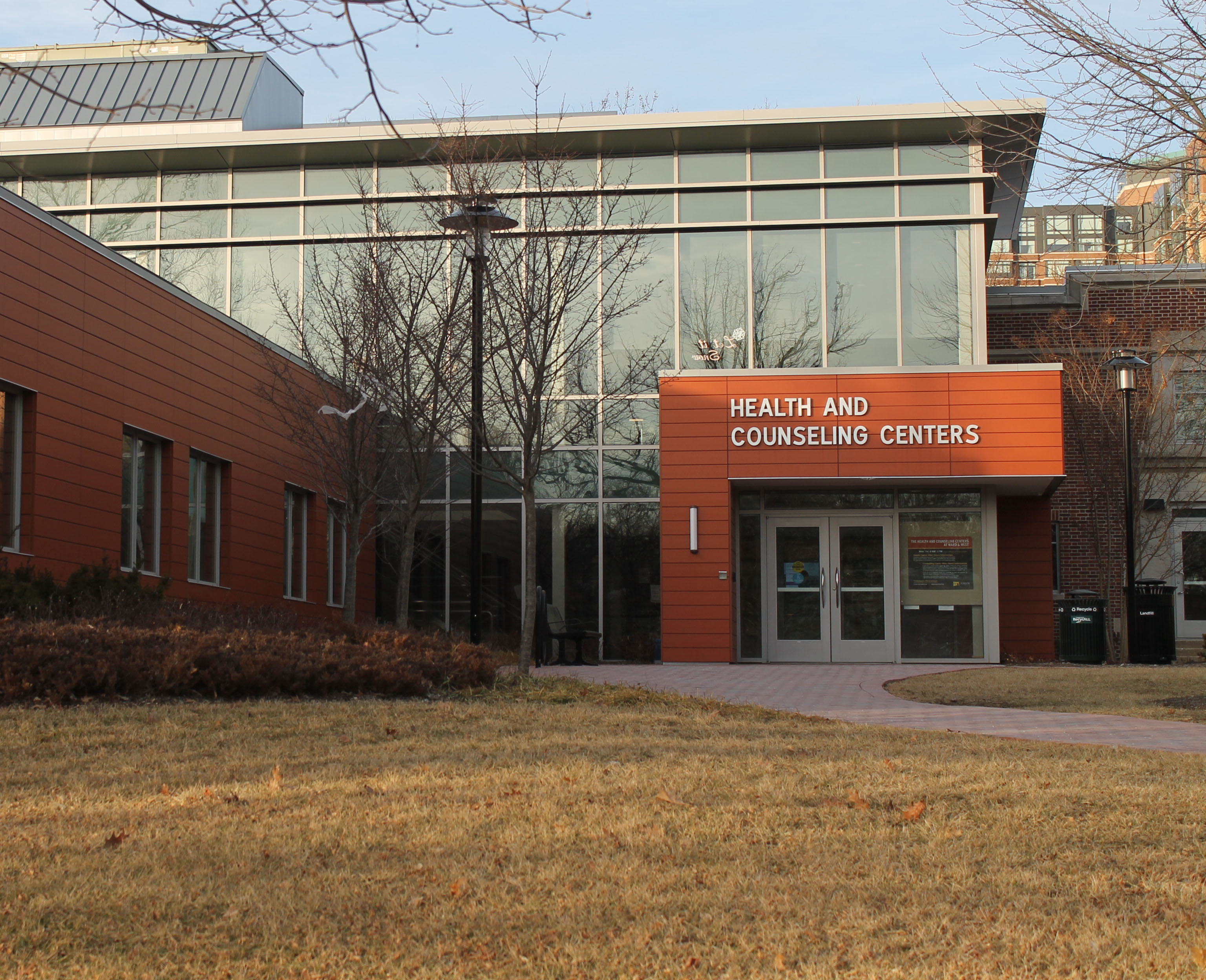
How to have a healthy fall; Health Center gives tips on avoiding sickness
File photo by Lacey Wall/ The Towerlight
With flu season around the corner, students may find themselves faced with sick roommates and classmates. Director of the Health Center Matthias Goldstein spoke with The Towerlight to give some tips on staying healthy and preventing illness as the weather begins to change. This article was edited for clarity and brevity.
What are some unhealthy habits that college students tend to start forming when they move into college?
Some students are away from home and navigating life for themselves for the first time. Some are used to someone telling them to sleep, bathe, do laundry, not to drink alcohol. Some explore intimated relations etc. Some become stressed by the life change.
What are some healthy habits for students to form?
It is important to keep up with our personal hygiene including showering, and good dental hygiene. Wash clothing regularly as well. Get in the habit of scheduling an annual exam with a healthcare provider such as the Health Center. Visit your dentist’s office regularly as well (there are dentists all around the Towson/campus area). Surfaces such a tables, door knobs, food areas should be cleaned regularly. Frequent hand washing/hand gel use is important as well as covering your cough or sneeze. Keep your body fluids yours and others theirs. It is important to practice safe sex. KEEP UP WITH REGULAR VACCINES- many serious diseases such as measles, mumps, meningitis, many flu strains, and HPV are preventable if you keep on top of your immunizations.
What are some of the most common dorm illnesses?
Generally, we get sick from germs (bacterial, viral, fungal etc) entering our bodies resulting in illness. This happens for three reasons, 1. The number of germs overwhelms our bodies defense system, 2. Our defense system (our immune system) has not yet learned how to fight off a particular germ (we have not built up immunity either from prior exposure or through immunizations), 3. Our body’s immune system becomes weak.
The key is to reduce germs, keep up our immunity to preventable diseases that there are vaccines for and third, keep our immune system strong.
Upper respiratory infections and illnesses spread by the respiratory system are top of the list, these include colds, sore throat, bronchitis, strep throat and more seriously the flu and mono. Sexually transmitted illnesses are not as common but a concern as well. One that is less common but needs to be on our radar is foodborne illness (that taco that you bought for lunch during finals and sat out on your counter is probably not something that you want to eat as your midnight snack).
What can students do to help keep themselves from getting sick?
- Good personal hygiene including dental
- Keep clothing clean and washed
- Keep surfaces clean and washed
- Keep perishable food refrigerated and for package instructions. Heat food as directed as well
- Keep immunizations up to date- get a flu shot annually
- Keep your immune system strong- reduce stress, eat well balanced meals, get a good night’s sleep, limit alcohol consumption, don’t smoke
If students do find themselves sick, what should they do?
If sick, make an appointment at the Health Center. Keep hydrated, use fever reducing medications as needed. Do not go to class and makes others ill. Limit contact with roommates and friends.
There are many resources on campus to help such as the health center and counseling center and other areas in student affairs. You do not need to do this on your own and should certainly utilize the available resources.
-Compiled by Mary-Ellen Davis

